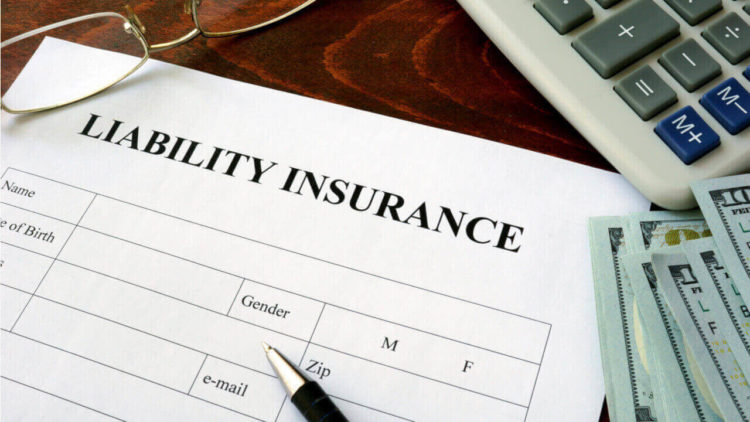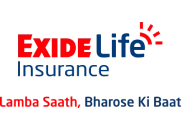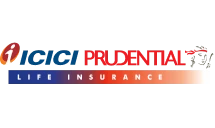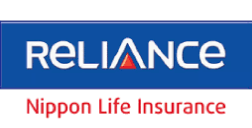
In today’s uncertain world, insurance has become an important risk management tool. Insurance gives much-needed peace of mind by providing a financial safety net against various risks and liabilities. Life insurance, motor insurance and health insurance are the commonly availed insurance solutions. However, there are many other insurance products that address certain specific issues and offers risk cover for the same. Liability insurance is one such insurance product that covers specific risks. In this article, let’s learn more about liability insurance.
Liability insurance –an overview
Liability insurance is a part of general insurance that offers protection to individuals or businesses against the risk of legal liabilities that may arise due to negligence, malpractice, damage or an injury caused to the third party. There are various types of liability insurance with each one having a different focus. Liability insurance products are most commonly availed by businesses to safeguard themselves against lawsuits and claims that may arise due to day-to-day business operations. Main aspects covered in any liability insurance policy is the cost of defending the lawsuit and the compensation to be paid.
Why liability insurance is needed?
Considering the fact that today we are living in a highly litigious society and business environment, lawsuits are common. Expensive lawsuits can put your business and personal assets at stake. Having adequate liability insurance cover can come to your aid in such situations. Following are the reasons why liability insurance is needed:
- Liability insurance provides protection against liabilities arising out of workplace accidents and injuries
- Liability insurance protects businesses or individuals against legal costs that need to be incurred while defending the case of claims placed by third-party
- Liability insurance helps in settling the expensive lawsuits
Who needs liability insurance?
Every business operating in today’s litigious market environment needs liability insurance. However, there are various types of liability insurance products covering the liabilities of a specific nature. Some covers may be needed for high-risk businesses like manufacturing, construction etc. Not just business entities, liability insurance is needed for individuals living in this litigious society also. Certain liability insurance like auto liability insurance is mandatory by law for every motor vehicle owner.
Types of liability insurance
There are many types of liability insurance policies available which can be chosen based on the nature of the business, need or individual requirements. Following are some of the most common forms of liability insurance:
Public liability insurance
In any business, accidents are inevitable. Accidents that expose the business to the risk of litigations can financially affect business growth. This is where public liability insurance comes into your business’s rescue. Public liability insurance indemnifies your business for any claims arising out of any injury, damage or accidents that occur on your premises during the course of business operation.
For example, if a customer slips on a wet floor of your business premise and breaks his leg which needs hospitalisation. In this case, you will have to compensate the customer for medical treatments. Customer may also take legal action. This is where liability insurance policy compensates
What is covered in public liability insurance?
Public liability insurance mainly covers-
- The legal cost of action
- Compensation to be paid in claims made against the business
Along with this, comprehensive public liability insurance also covers legal exposures arising out of-
- Act of god’s perils
- Sudden and accidental pollution
- Transportation of hazardous substances and many more
What is not covered in public liability insurance?
- Some of the exclusions in public liability insurance are:
- Libel and slander
- Fines and penalties
- Punitive and exemplary damages
- War
Deliberate non-compliance of any statutory provisions
Employer’s liability insurance
Employer liability insurance is an insurance policy that provides covers with the statutory liability of an employer arising out of death or bodily injury caused or an occupational illness sustained by an employee/workmen during the course of employment. The policy covers ‘employee’/’workmen’ as defined in the Employee Compensation Act. There is also a provision to cover employees who do not come under the purview of the term ‘workmen’ as per the Employee Compensation Act.
What is covered under Employers liability insurance?
Following statutory liabilities of the employer are covered under the policy:
- Death of an employee due to a workplace accident or occupational illness
- Bodily injury resulting in disablement caused due to a workplace accident or occupational illness
- Liabilities arising under common law
- Costs and expenses incurred by the insured with the consent of the company
What is not covered in the Employer’s liability insurance?
War and nuclear perils
- Employer’s liability to employees of contractors
- Occupational diseases mentioned in Part ‘C’ of Employees Compensation Act
- Insured’s liability which attaches by virtue of an agreement
Product liability insurance in India
Product liability insurance is very important for product manufacturers to manage the risk. Product liability insurance is an insurance plan that covers liabilities that may arise due to damage caused to the third party by the product of the insured. The coverage includes defence cost incurred to defend the case and also the compensation to be paid. However, the policy excludes liability for product recall, pure financial loss, product guarantee and loss of goodwill etc
Directors and Officers liability insurance
Directors and officers are the key personnel of any company who takes the crucial decisions for the company in their managerial capacity. Adverse consequences of their decisions can bring in a lawsuit against them from various sources such as shareholders, creditors, employees, customers, suppliers, competitors and regulators. Such expensive lawsuits can put directors and officers personal assets at stake.
Directors and officers liability insurance provide protection against personal liability of directors and officers arising due to any wrongful act committed by them in their managerial capacity. Coverage includes management liability and indemnification, spousal liability extension, coverage for legal representatives of deceased insured and cover for new subsidiary etc. However, directors and officers insurance policy do not cover claims covered by other insurers, misuse of company’s fund, criminal act, dishonesty, pending litigations and breach of law etc.
Third party liability insurance
Third party liability insurance covers the damages caused by the insured to the third party. For example, let’s say in an accident you cause a damage to third party property. The other person can take legal action on you claiming for the loss. In this case, third party liability insurance pays for the cost of defending the case along with compensation to be paid for the damages occurred.
Professional indemnity insurance
Professional liability or indemnity insurance is a type of liability insurance that protects professionals such as doctors, lawyers and accountants against the liabilities arising out of negligence or errors and omissions done at the time of providing services to their clients.
Cyber risk insurance
Social media and use of technology play a key role in the growth of any organization. Cyber risk insurance policy helps in reducing the risk exposure of the organisation in relation to a cyber-related security breach. Typically, the cyber risk insurance policy covers expenses related to cyber-related security breaches such as investigation cost, privacy and data breach notification, business losses and legal expenses.
Trade credit insurance
Trade credit insurance policy provides protection to the business for non-payment of commercial debt. The policy protects the manufacturers, service providers and traders against the losses of non-payment.
How to decide the premium amount for a liability insurance policy?
Premium amount for the coverage sought by the insured individual or business will vary depending on their needs and requirements. Insurance company’s base rate for the policy will be considered in the first place while accessing the premium rates. Other factors like the nature of business and risk exposure to the particular company, previous claim history and business environment will be considered while assessing the insurance cost.
Liability insurance claim process
The claim process may vary depending on the nature of the claim, type of liability insurance product. The process for claim will also vary from insurance company to insurance company. In case claims where no lawsuits are brought against, insured needs to fill in the claim requisition form and submit it along with the relevant documents. In case of lawsuits from third-party, the process will again vary depending on how settlements are made, whether in court or as out-of-the court settlement.
Frequently Asked Questions (FAQs)
- How much liability insurance is ideally required?The amount of liability insurance coverage depends on the type of liability insurance cover you or your business is seeking. There are various factors that are to be considered while deciding the coverage that you need such as type and size of the business, type of customers, number of employees and many more.
- How are directors and officer’s liability insurance structured?Directors and officers liability insurance are structured with layered coverage. There are three layers in the policy and you can structure them based on your unique needs.
- Side A cover: Directors and officers personal liabilitySide A cover: Directors and officers personal liability
- Side B cover: Company reimbursement
- Side C cover: Entity securities coverage
- Does directors’ and officers’ liability insurance cover the entity?Though directors and officers liability insurance are designed to protect the personal assets of directors and officers of the organisation, it also covers organisational entities from securities claims.
- What are the damages that need to be compensated for in a defective product case?In case of defective product case, compensation will include past and future medical expenses, funeral expenses and diminished or impaired earning capacity due to emotional distress, disability, pain and disfigurement.
- Is employers’ liability insurance a legal requirement?Yes. Employer’s liability insurance is a legal requirement in India under the Workmen Compensation Act, 1923 or Employee Compensation Act.






























